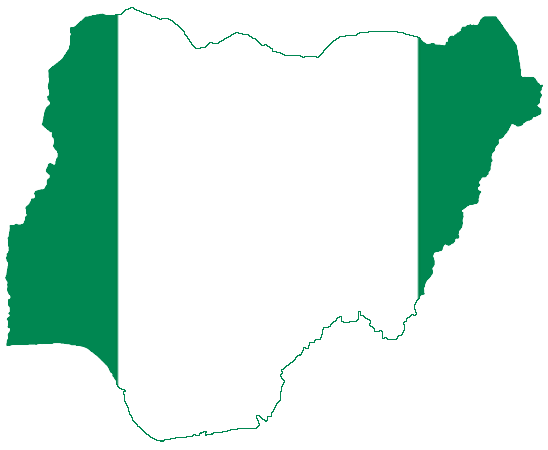Structure of Nigerian Federalism
The structure of Nigerian Federalism was born out of convenience rather than accident. The convenience was at the instance or whims and caprices of the colonial British government and partly from the selfish Nigerian leaders who probably wanted to be leader of a big and united Nigeria and as such connived with the British colonial government to establish a federal system of government that is so strong at the center and leaves the component states as mere appendage to the center.

The federal structure in Nigeria is organized in a way in which the majority of the constitutional powers or governmental powers are allocated to the central government (federal government). These powers are listed in the exclusive list. These include issues concerning defence, international relations, currency and so many others.
The constitution also allocated to both the central government and the component states powers under the concurrent list in which the two jointly reserve the power to carryout certain functions such as those concerning education, commerce, health, agriculture and so many other. In cases where the legislation of the central government and any of the component states clashes in the area of legislation, the laws of the central government shall prevail.
The Nigerian constitution recognizes this fact perhaps to entrench the supremacy of the central government and to preserve the oneness and unity of the federal republic of Nigeria. There are some other legislative areas that are left out of the central government but left strictly to the component states. These areas include religion, local government, primary and secondary education, housing, chieftaincy and so many others.
Granted these structural arrangement as it may, the Nigerian federation, it must be noted, deviates totally from what a federation suppose to be.The coming together of autonomous states to form a federation does not automatically means that these states loses all their powers to the federation. In Nigeria, the constitution which is the source of powers structurally to both the central government and the component states has been bastardized and abused.
Duty/Functions of Nigerian Federalism
Federal system of government imposes on the central government certain responsibilities which goes down to the root of the union. It is the duty of the central government to carry out these functions for the survival of the state. The following are the functions:
1. It is the function of the federal system to protect and uphold the sovereignty and integrity of the Federal Republic of Nigeria. The corporate existence must be preserved by the federal system.
2. To make law and order so as to regulate the activities of every individuals within the territory of the republic and ensure utmost peace and harmony.
3. It is duty of the federal government to enter into and regulate international relationships with other countries including international trade and commerce.
4. Since the nation is made up of different and diverse ethnic groups, it becomes necessary for the federal government to promote unity among these diverse elements that formed the Federal Republic of Nigeria.
5. It is also the duty of the government to protect the interest of the minority ethnic groups against domination by the stronger ethnic groups.
6. It is the duty of the Nigerian federal government to ensure adequate harnessing of the natural resources within the Nigerian territory and use the revenue derivable there to also ensure even socio-economic development of the states in the country.